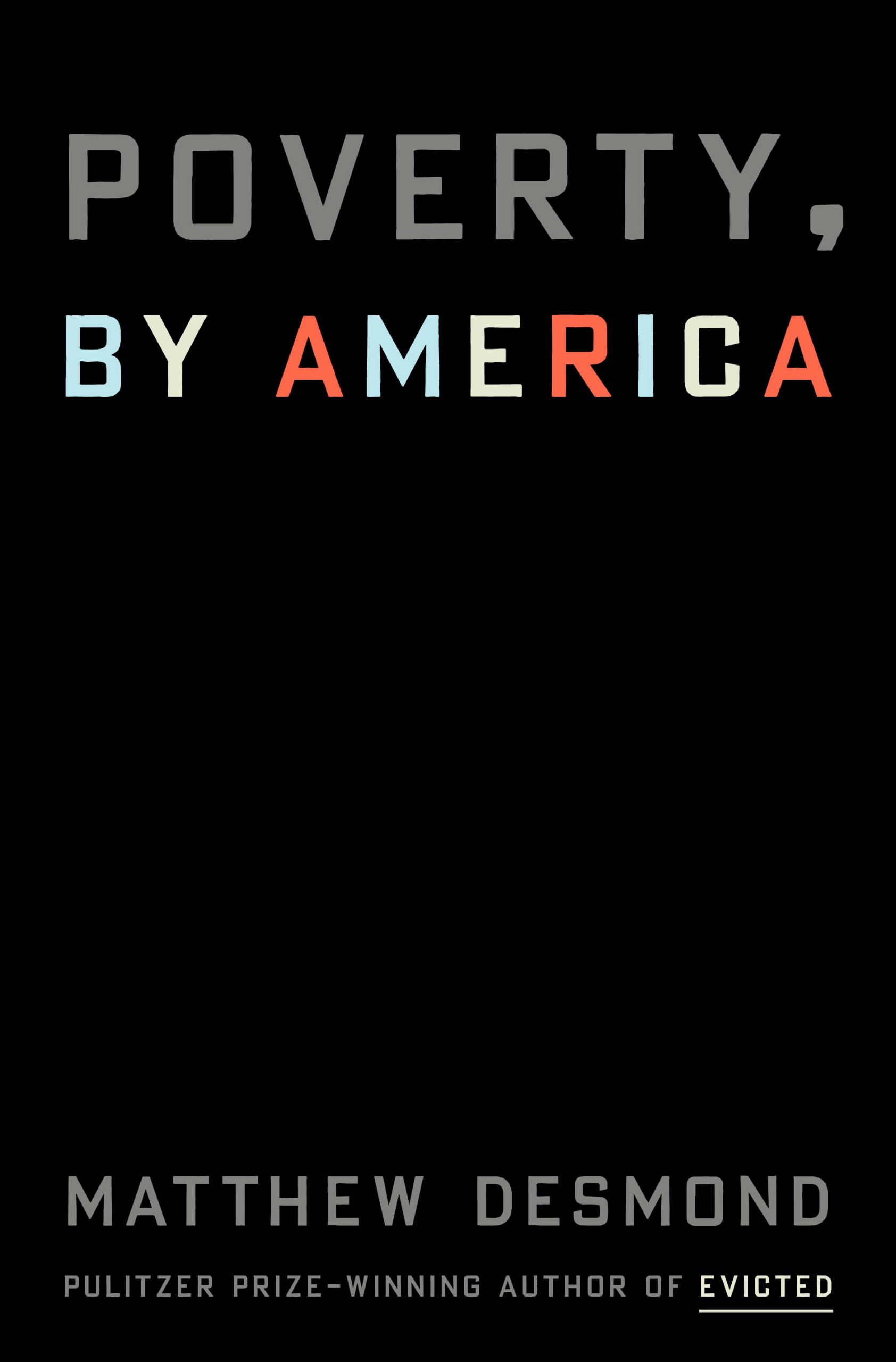
A Bold Manifesto on Inequality That Challenges the Conscience of a Nation
Matthew Desmond’s Poverty, by America arrives as a powerful follow-up to his Pulitzer Prize-winning Evicted, and it wastes no time asking the hard question: Why does the richest country in the world allow so many of its citizens to live in poverty? His answer is both uncomfortable and provocative. Poverty persists not because America cannot afford to end it, but because many of us benefit from its existence.
Desmond’s argument is deeply moral at its core. He claims that the American economy is structured in a way that lets the affluent thrive at the expense of the poor. Homeowners enjoy tax breaks that renters never see. The well-off pay less than their fair share while the working class overpays for housing, credit, and healthcare. Even public assistance programs often end up favoring the middle class more than those in desperate need. The book calls on readers to stop viewing poverty as someone else’s problem and instead recognize the ways in which privilege, comfort, and policy choices make us complicit.
Stylistically, this is not the rigorous sociological deep dive that Evicted was. Instead, Poverty, by America reads more like a manifesto than a traditional nonfiction study. It is urgent, passionate, and sometimes intentionally provocative. Desmond mixes data with moral argumentation, historical examples, and personal anecdotes, all to drive home one central point: poverty is a political choice sustained by collective complacency.
However, not every reader will agree with his approach. Many, like reviewer Bonnie G., found the first half of the book repetitive and overly abstract, as Desmond circles around the idea that systemic problems can only be solved through personal choices and sacrifices. While the message is heartfelt, it risks oversimplifying the immense structural barriers that define poverty in the United States. The book gains real momentum in its second half, where Desmond shifts from moral appeal to potential solutions. Yet even then, some of his suggestions depend on an optimism about human nature that may feel naive.
The author assumes that people with privilege will be willing to give up comfort, autonomy, and wealth for the greater good. For many readers, that idea feels more utopian than realistic. As Bonnie points out, the affluent often ease their consciences with small gestures buying local produce, donating to schools, or supporting the occasional charity without ever challenging the systems that keep inequality in place. Desmond’s call for radical empathy, while admirable, collides with the harsh reality of self-interest that shapes much of modern life.
Other critics, like Meike, note that Desmond’s international comparisons sometimes oversimplify complex differences between the United States and other countries. Comparing Germany or Scandinavia to America without accounting for cultural, historical, and institutional distinctions can weaken his case. His examples often feel more like rallying cries than fully substantiated analyses.
Yet despite its flaws, Poverty, by America remains a courageous and necessary book. Desmond’s passion for justice is undeniable, and his writing crackles with moral energy. He forces readers to confront questions that are easy to avoid: What if the American Dream is built on someone else’s nightmare? What would it take to dismantle the structures that make inequality not only possible but profitable?
This book may not offer all the answers, but it demands that we start asking the right questions. For readers who care about social justice, policy reform, or simply understanding how privilege operates in daily life, Desmond’s latest work is essential reading. It will frustrate you, inspire you, and perhaps make you just uncomfortable enough to start doing something about it.
👉 Get your copy of Poverty, by America here: https://amzn.to/3KJSJV1


